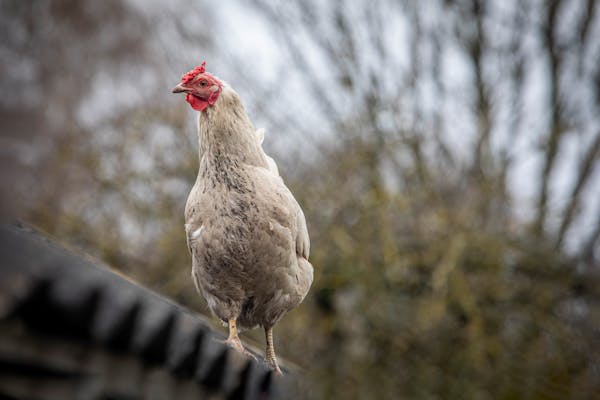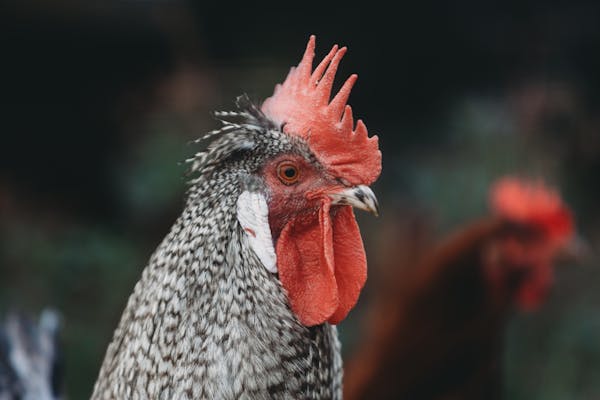
What Your Chicken’s Vocalizations Really Mean
May 30, 2025 • Behavior • 6 minute read
Chickens are surprisingly expressive animals. From soft clucks to loud crows, they use a wide range of vocalizations to communicate with each other and with you. Understanding these sounds can help you respond to their needs, spot signs of stress, and even predict behavior. In this article, we break down common chicken vocalizations and what they really mean.
Everyday Clucks and Content Sounds
Most chickens make quiet, rhythmic clucking sounds when they are calm, comfortable, and going about their day. This is their way of staying in touch with flockmates and showing everything is okay.
You may hear soft chatter as they scratch for food, dust bathe, or explore the coop. These everyday clucks are signs of a relaxed and healthy flock.
Listening for this baseline sound helps you quickly notice when something unusual occurs in their vocal behavior.
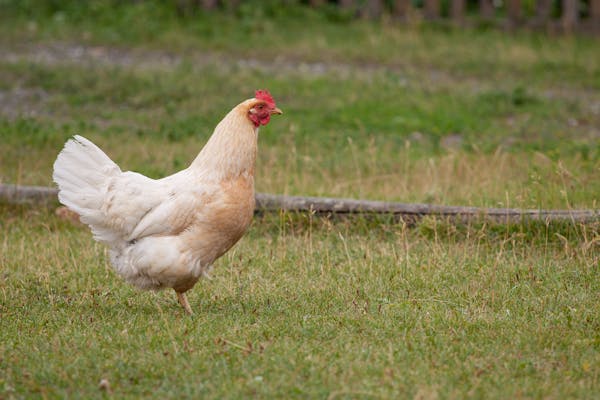
The Egg Song and What It Means
One of the loudest and most distinctive chicken sounds is the 'egg song'—a series of loud, repetitive cackles made by hens after laying an egg.
Despite the name, it is not always about the egg. It can also serve as a signal to flockmates, a way to assert space, or even a response to disturbance or excitement in the coop.
Alarm Calls and Warning Sounds
Chickens have specific calls to warn of danger. These alarm sounds are short, sharp, and urgent. A loud, repeated squawk often signals a ground predator, while a higher-pitched squeal may mean something is flying overhead.
Roosters are especially vocal in this regard and often alert the flock with a specific call followed by silence or freeze response.
Learning to recognize alarm calls allows you to act quickly and check for threats to the safety of your birds.
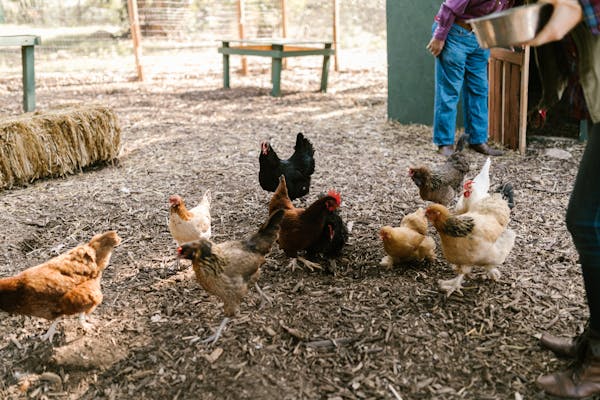
Broody Hens and Defensive Growls
A broody hen sitting on eggs may growl or make a low, throaty noise when approached. This vocalization is a warning to stay back and signals her protective instinct.
Broody behavior often includes puffing up feathers, pecking, and making unusual growls even at familiar keepers. These sounds are tied to strong maternal instincts and should be respected.
Rooster Crows and Territory Signals
Roosters crow to mark their presence, define territory, and communicate dominance. While often heard at dawn, they may also crow throughout the day in response to changes or perceived challenges.
Crowing can also increase when multiple roosters are present, as each tries to assert dominance. The tone, pitch, and frequency can vary between individuals.
Occasional crowing from hens is possible, especially in flocks without roosters. It usually does not indicate illness but may be a hormonal response.
Recognizing who is crowing and why can help with flock management and prevent unnecessary stress.
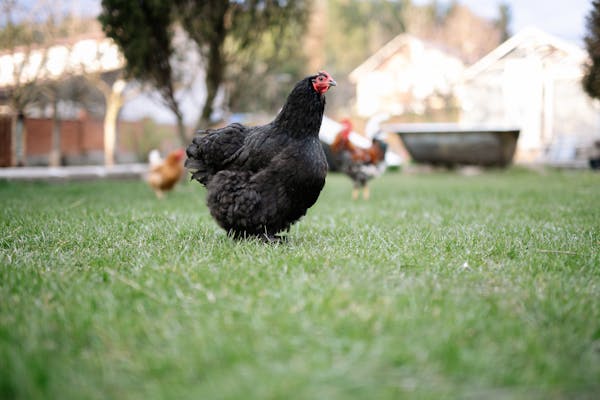
Conclusion: Listening Is Part of Keeping Chickens
Chickens communicate constantly through sound. Whether it is content clucking, excited cackling, or defensive growling, their vocalizations offer valuable clues to their mood and environment.
By paying close attention to their sounds and behavior, you can better care for your flock, spot potential problems early, and even build a stronger connection with your birds.
